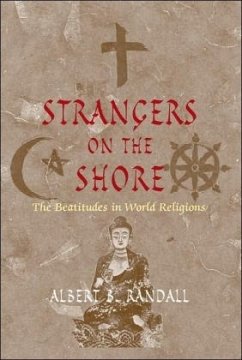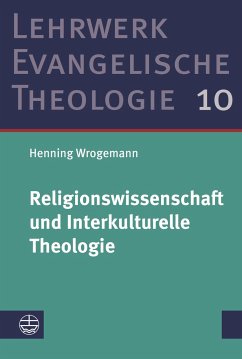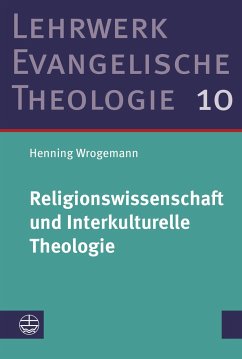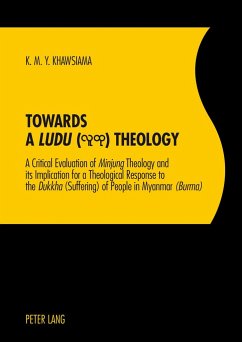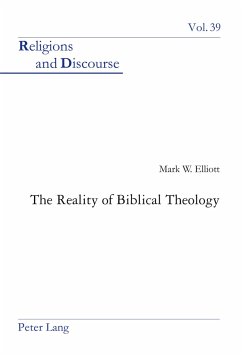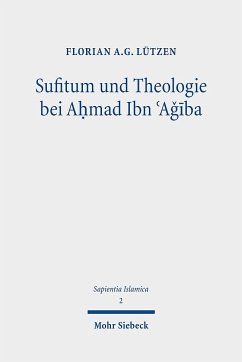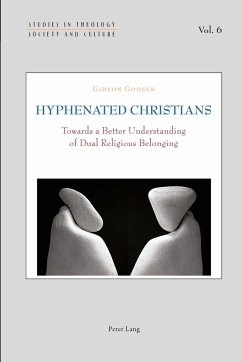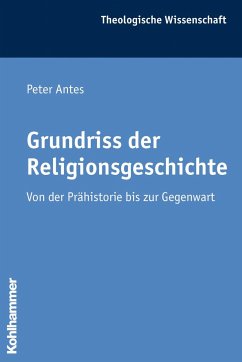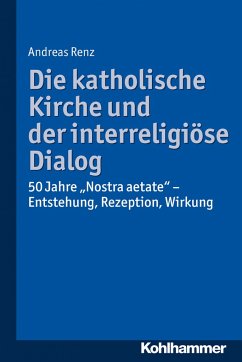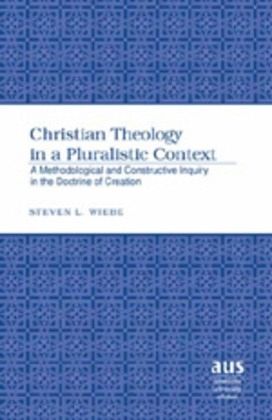
Christian Theology in a Pluralistic Context
A Methodological and Constructive Inquiry in the Doctrine of Creation
Versandkostenfrei!
Versandfertig in 6-10 Tagen
98,55 €
inkl. MwSt.

PAYBACK Punkte
0 °P sammeln!
Each generation of theologians must respond to the context in which they find themselves, and our context today is one of plurality. What, exactly, should a pluralistic theology look like? How can we take seriously our pluralistic context and still remain true to a tradition? This groundbreaking book moves beyond dialogue to incorporation, and develops a methodology for the future of pluralistic theology. Using postmodern epistemology, historical theology, and ancient wisdom literature, Steven L. Wiebe crafts a Christian doctrine of creation that is in dialogue with Buddhism, Hinduism, and Isl...
Each generation of theologians must respond to the context in which they find themselves, and our context today is one of plurality. What, exactly, should a pluralistic theology look like? How can we take seriously our pluralistic context and still remain true to a tradition? This groundbreaking book moves beyond dialogue to incorporation, and develops a methodology for the future of pluralistic theology. Using postmodern epistemology, historical theology, and ancient wisdom literature, Steven L. Wiebe crafts a Christian doctrine of creation that is in dialogue with Buddhism, Hinduism, and Islam. This book will be useful in courses on world religions, systematic theology, and pluralism.



